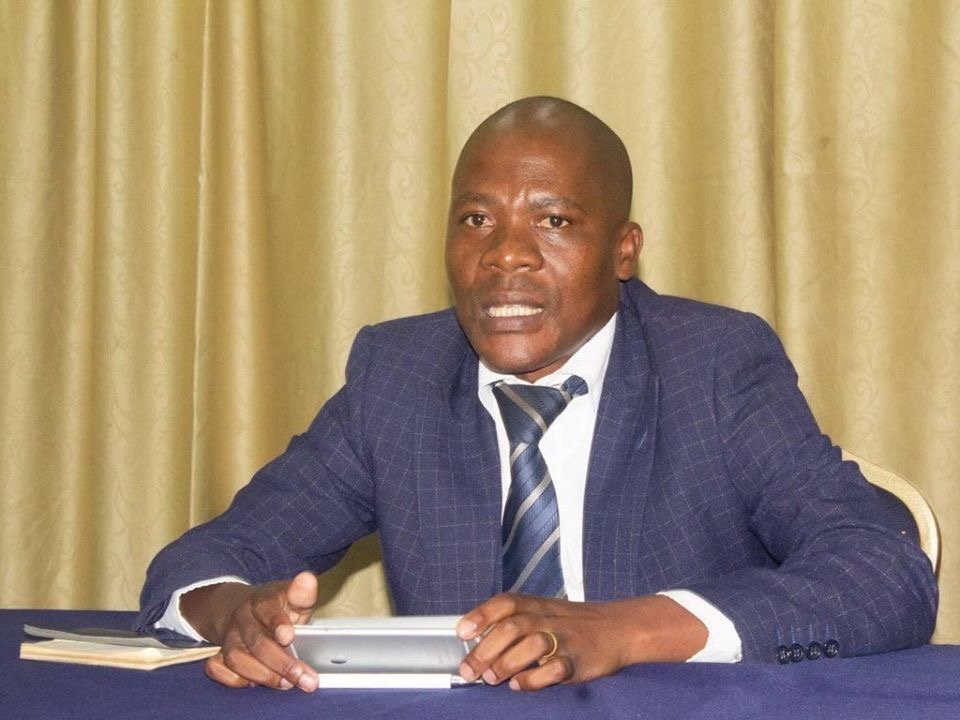
Like-minded individuals and organizations have formed Land Justice Consortium (LJC), which is expected to provide Malawians with platform to demand entrenchment and promotion of transparency and accountability in the land sector.
The consortium also aims to ensure that indigenous Malawians own land and benefit from it unlike in the current scenario where indigenous citizens face challenges to access and own land because of rampant corruption in the sector.
Notable faces in consortium are Land Governance Expert Emmanuel Mlaka, social and human rights activist Sylvester Namiwa, social and economic justice advocate Jolly Kenan, women’s rights activist and farmer Mphatso Jumbe, peace, security and development activist Edward Chaka and Mzuzu-based youth advocate Gomezgani Nkhoma.
The grouping has since demanded that freehold land ownership should be removed and converted to leasehold estates.
In a statement issued at a press briefing in Lilongwe on Tuesday, the grouping suggested that freehold land tenure should be an exclusive entitlement for indigenous Malawians.
“In-line with the proposed land bill, there should be creation of customary land estate which will be held by indigenous Malawians in perpetuity. Registration of customary land into customary estate will ensure security of land tenure. Government must ensure that all idle land is made available and accessible to all landless indigenous,” reads the statement in part.
The grouping claimed that there are “some elements who are working day and night with the oppressors to discredit the forthcoming land bills amendments, which are in circulation.”
It further alleged that there is an invisible hand, which, for ages, has successfully denied Malawians a chance to reclaim their ancestral inheritance by taking away Sections 9 sub-section 2 and 3 in the then land bill of 2016.
The grouping said it is for this reason that they are on high alert to expose and fight against any such attempts this time around.
“We are appealing to Members of Parliament to bear in mind that land issues in Malawi have reached crisis levels that require urgent attention, and the time for action is now. Needless to remind our MPs, the citizens and all the sundry that land is the only natural resource that identifies us a people of Malawi and the rate at which our people are losing land if not checked, we will wake up stateless when all the land is gone,” they said.
They warned that they will not hesitate to mobilize the well- meaning Malawians to protest any attempts to frustrate any efforts for land amendments or reforms that favor the marginalized and the vulnerable such as women and the youth to exercise a right to own and benefit from land.
On the other hand, they challenged the new Minister of Lands, Sam Kawale, to quickly call for a land audit exercise in order to ascertain who owns what land and for what purpose.
“Similarly, the Land Management Information System (LMIS) must be fast tracked to facilitate land audit and digitization in a transparent manner. This will in turn enhance transparency, reduce corruption, will ensure the land rights of indigenous citizens are secured. As regards to large scale land acquisitions, Customary Land holders should be sensitized against selling land but rather, be encouraged to lease it out or convert it into shareholding in any proposed investment. These options are already in the 2016 land law but need to be promoted even by Authorities such as Green Belt Authority, and other land investment related authorities including District Commissioners; bearing in mind about ownership in perpetuity and rural land development. This will also mitigate against rendering the indigenous citizens of Malawi landless.
“There should be speedy implementation of customary land registration. Recruitment of required personnel is critical for the successful implementation of the same and should be done in line with the Decentralization Policy. Issues of “tradition” or culture in land access, ownership and control must be in tandem with the legislation to ensure that the rights of the people are safeguarded irrespective of their gender, age or tribe. The discrimination of women and youth goes against the constitution of Malawi and destabilizes the possibility of achieving the Sustainable Development Goals,” reads the statement.
Meanwhile, LJC has appealed to Malawians of good will and other like-minded individuals and institutions to come forward and join the struggle to liberate the country from land colonization where most of the arable and prime land is in the wrong hands.
The current land law and policy in Malawi traces its roots back to the formal declarations of British authority over Central Africa by the British Orders in Council of 1889, 1892 and 1893.
The British Orders in Council of 1893 formally proclaimed British Protectorate status over Malawi (then Nyasaland).
It has been argued that the general thrust of colonial land policy was to appropriate all land to the British Sovereign for the ultimate occupation and ownership of the colonial settler community under private land tenure.
The natives could only acquire “occupational rights” which ensured cheap labor for the colonial settler community.